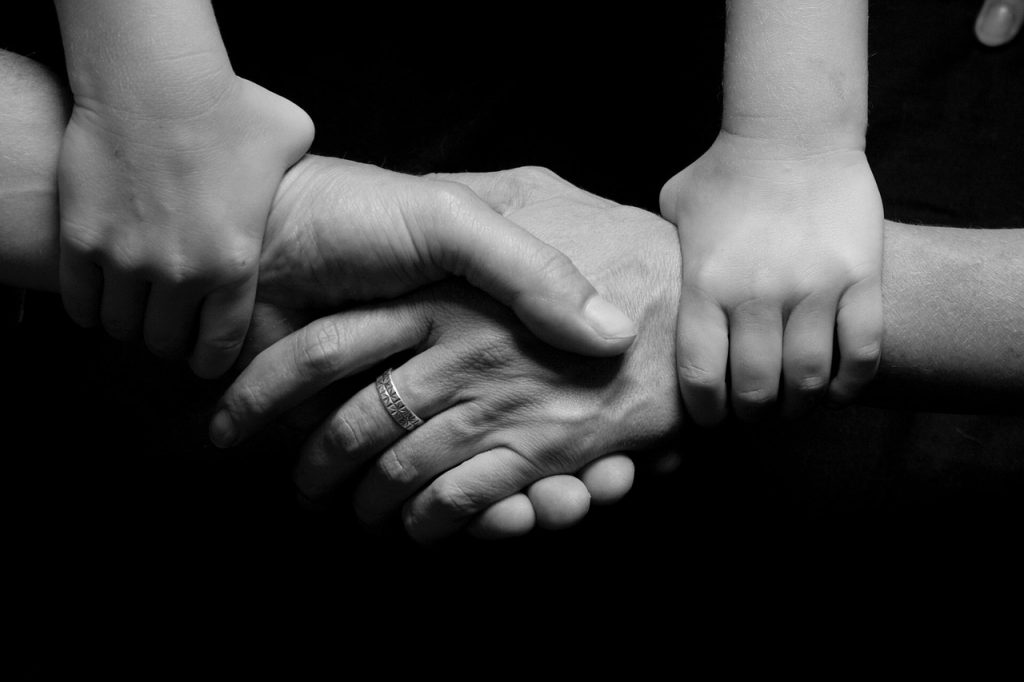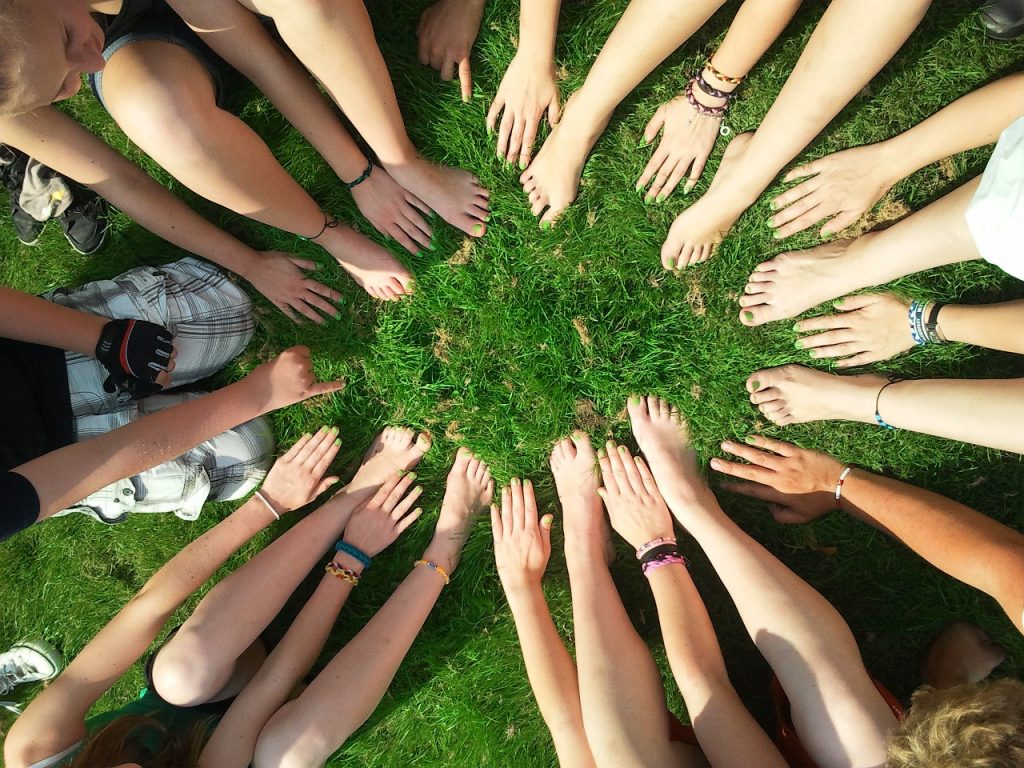#TheDiaryOfASocialWorker – 4
Phil Kaye, one of my favorite spoken word poets recites a much-loved poem which begins like this:
Every story has a beginning, middle and end, not necessarily in the same order. We are all great stories…
Mental health is such a vast and complex subject that no matter where you begin digging, it is just a scratch on its surface.
What makes it more difficult to talk about it, as my friend correctly pointed out, “It’s too technical, Sree!” It is too technical, and we are trained to speak that language so that we can stop arguing about concepts while we are on the job. But what ends up happening is that the people who use our services – the readers of these articles – are often lost about what we as mental health professionals are getting at!
In my previous articles, I attempted to introduce you to the world of social work, then to my field which is mental health, and to the state of institutions that serve mental health needs. In this article, I plan to give you a glimpse of who I work with. For the most part, it involves communities. The following incident was mentioned briefly in my first article, but I choose to emphasize it here because it perfectly illustrates the strength of communities.

Coming Together To Build A Community
During my first week at my fieldwork agency, my supervisor took me to Ruksana Bi’s house. Ruksana Bi is the mother of a 12-year-old boy, Imroz, who has a visual impairment. She is also the proud chairperson of a group of women who had come together to support their families and each other. What connected them? Their children’s disabilities, and their concern for their development.
The NGO I was interning with had helped these women create a self-help group, register it, and open a bank account. It worked like a chit-fund concept – the women repair old things such as kitchen equipment on a small scale, and try to raise enough money for their children’s education until at least the 10th standard. They take turns every month to withdraw the collective fund and invest individually.
My supervisor was a community worker who was a local and familiar with the area. She received a salary of INR 7000 each month. She doesn’t have a social work degree, but she is the one who taught me most about the field. I learned so much about how communities work, how to negotiate, how to teach women in the communities about health, hygiene, and about preventing abuse in their households.
When we entered Ruksana’s house, my supervisor said, “Madam Dilli se aayi hain aapse milne, kya aapne minutes of the meeting likhe? Documents sambhal ke rakhna, bank me zarurat padenge.” Listening to her, I was squirming in discomfort, I didn’t like being “Dilli wali madam”, but I also realised how much it means to these women that other women are successful, and that their financial security empowers and frees them.
My middle-class ideas about how much money is required to make a difference started collapsing the day Ruksana asked me into her single room tarpaulin-roofed house. Nails on the walls substituted for furniture, and the idea of privacy was as valued as much as the torn lungi used to clean the gas stove top.
When I was contemplating where to sit, my supervisor made herself comfortable exactly where we were standing. That’s when I realized that there is no concept of pretense in these women’s world. It’s as transparent as a sheet of glass. “Make yourself comfortable” took another meaning for me that day, as she rushed out to buy a Frooty for me. I could barely digest the drink, embarrassed because she was treating me like a guest, when my supervisor whispered in my ear, “If you don’t want to eat or drink, please say you’ve already had, but make sure you are comfortable in their space otherwise they will think you are keeping your caste boundaries.”
I was aghast again at how many meanings a potential community visit could hold for the people I was meeting. Slowly, I learned more about women in the community, the Anganwadi workers, the primary teachers, the day care centre tai, and the temple wali dadi.
These are women upon whose social networking skills the community is built. They hold all sorts of private and public information about the gali gali me ghumne wala bacha or gunda. They know which shop plies what goods and in which area. They know which kid has a disability, they know details about the household, and what troubles they are facing. In short, they know everything!
Exploring The Role Of Awareness In Communities
These are the women who led me to another boy’s house, a 17-year-old with a developmental problem, who has never left his home because nobody has taught him how to walk. His mother and father were too caught up in trying to keep the family fed and clothed. They thought the boy had an illness because he was left in the house for about 24 hours with their elderly mother, without them realizing that the lady had passed away.
His name was Tejas and his eyes sparkled with uncommunicated energy. They did not know what to do with him anymore. They had no idea that they could go to a doctor about his problem. They didn’t know whether this struggle was worth their time and energy, and were worried about neglecting their other son. The hyperactivity present in Tejas was at a peak when I arrived on their doorstep. He was spinning circles on the floor on his back. He was unable to communicate verbally, but I could see that his spirit was vibrant.
We told his mom that there were some treatment options available. We reassured her that she is not the only woman who is raising a child with a developmental disability. In the poorer sections of her locality, we had identified nearly one developmentally challenged child in every four homes. We were surprised at how much shame and suffering was hiding behind those flimsy walls.
They could not see the potential strength in their own streets and how many resources they shared. They didn’t know how to manage the money they had, divide the work, counsel, nurture, support each other every day. Divided by suffering caused by illness or disability, they had become isolated. But as soon as they came together, they had pride in their work and a sense of purpose. Their children became a source of their group’s identity.

How Do You Build A Sense Of Community?
You can also see the power of community at work in other situations, be it at school, college, an office or a hospital. Beyond the rules, the demands on you, the politics, and the hard work required, people need to work together. You are all part of a community.
Everyone feels bogged down by pressure, expectations, competition, lack of time, and resources. But as soon as you can tap into the resource called ‘community’, and as long as you can build that ‘we’ feeling among co-workers, you start thinking like a link in the chain, and you can make a difference. Your relationships, as well as your productivity, will improve. And none of this takes money, just motivation, which multiplies as you share and foster it.
Liked reading this? Then you might also like to read about Unlearning The Assumed Meaning Of The Word “Mental”.
If there’s any story that needs to be told, we will tell it. Write to us at contact@knowyourstar.com with your story lead, or contact us on Facebook or Twitter.